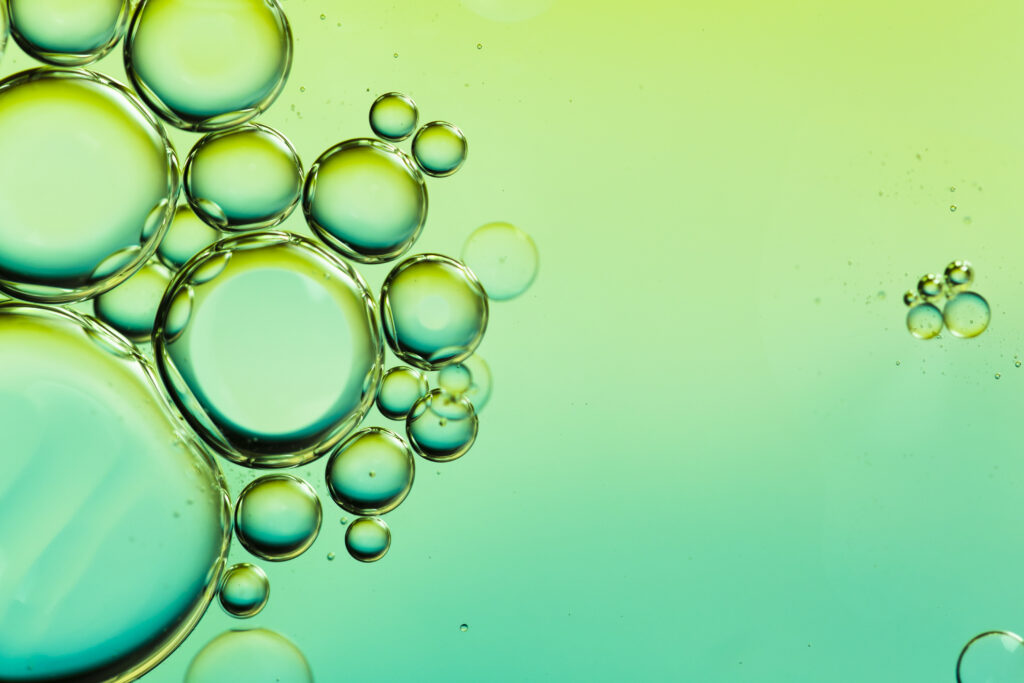A Guide to Understanding the Different Types of Defoamers Available
A Guide to Understanding the Different Types of Defoamers Available
Blog Article
The Function of Defoamers in Enhancing Item High Quality and Performance
Defoamers serve as crucial additives that mitigate this concern, ensuring smoother manufacturing workflows while improving the visual and functional qualities of the final items. The choice of the ideal defoamer can be important to attaining optimum results, elevating essential concerns about formulation compatibility and performance metrics that warrant additional expedition.
Understanding Defoamers
Understanding the role of defoamers is necessary for keeping product top quality throughout various industries. Defoamers are chemical ingredients designed to stop the development and lower of foam in liquid systems, which can adversely affect procedures such as mixing, loading, and surface stress. Frothing can cause inefficiencies, product defects, and compromised aesthetic charm, making defoamers a vital component in producing operations.
In commercial applications, defoamers aid to enhance product uniformity and security. The reliable use of defoamers not just guarantees smoother production processes but additionally adds to superior product efficiency.
Furthermore, the choice and formula of a defoamer need to straighten with specific application needs, such as compatibility with other components, efficiency under differing temperature and pH problems, and prospective governing constraints. Ultimately, understanding defoamers' functions and their value in different formulas is crucial for enhancing manufacturing and making sure the finest quality output.
Kinds Of Defoamers
Defoamers can be categorized right into several kinds based upon their make-up and mechanism of action. The main kinds include silicone-based, non-silicone organic, and inorganic defoamers.
Silicone-based defoamers are amongst one of the most effective, primarily because of their capability to spread out swiftly on the liquid surface area and interfere with foam formation. Their special chemical framework enables exceptional security, making them suitable for high-temperature applications and environments with varying pH degrees.
Non-silicone organic defoamers, commonly composed of fatty acids or all-natural oils, are valued for their biodegradability and reduced poisoning. These are usually made use of in food and beverage applications where safety and environmental impact are extremely important.
Not natural defoamers, which consist of substances like talc or calcium carbonate, act by raising the density of the fluid, thus reducing foam security. They are often utilized in commercial procedures where compatibility with other materials is not a concern.
Each kind of defoamer has unique advantages and restrictions, permitting for tailored remedies depending on the specific frothing concerns come across in different applications. Recognizing these distinctions is critical for maximizing efficiency and accomplishing wanted item quality.
Applications Throughout Industries
Many sectors utilize defoamers to boost item high quality and operational efficiency. In the food and beverage field, defoamers are essential in processes such as developing and dairy manufacturing to stop foam formation, which can cause inadequacies and product inconsistency. By managing foam, makers can ensure far better return and an extra uniform item.
In the pharmaceutical sector, defoamers play an essential function in the formulation of fluid medicines, where too much foam can hinder blending and accurate dosing. Their usage helps preserve the honesty of the formulas and promotes smoother production procedures.
The paint and coatings industry likewise counts on defoamers to boost the performance of items throughout application. By decreasing foam, these ingredients make sure a smoother coating and improve the aesthetic top qualities of the last item.

Benefits of Making Use Of Defoamers
While the application of defoamers varies across markets, their advantages continually enhance product high quality and process effectiveness. One considerable benefit is the reduction of foam formation throughout manufacturing processes, which can or else result in production hold-ups and disparities in product top quality. By reducing foam, defoamers make it possible for a smoother flow of products, promoting much more efficient operations and lowering the chance of tools malfunctions.
Additionally, the use of defoamers can improve the appearance and texture of last items. In sectors such view as coverings, paints, and food processing, excessive foam can compromise the aesthetic aesthetic appeals and total quality, while the appropriate defoamer application guarantees an uniform surface and desirable features. Defoamers can contribute to set you back financial savings by decreasing waste throughout manufacturing and optimizing the usage of raw products.

Choosing the Right Defoamer
Choosing the best defoamer is critical for optimizing manufacturing processes and ensuring item top quality. The selection of defoamer affects not only the efficiency of foam control but likewise the total efficiency features of the end product. Factors next page to take into consideration include the kind of application, the chemistry of the formula, and the environmental conditions under which the product will certainly be utilized.
Various sectors may require certain defoamer types, such as silicone-based, organic, or polymeric defoamers. Recognizing the compatibility of the defoamer with the key ingredients is essential to stay clear of unfavorable responses that might jeopardize item integrity. In addition, the defoamer's efficiency in different temperature levels and pH degrees should be examined to guarantee consistent efficiency.
Testing the defoamer in small-scale applications can give valuable understandings into its performance and viability. Factor to consider of regulatory conformity, especially in food, pharmaceuticals, and cosmetics, is vital in choosing a defoamer. Ultimately, a comprehensive analysis of these elements will result in the selection of a defoamer that not only regulates foam properly however also improves the quality and efficiency of the last product.
Conclusion

Finally, defoamers are important additives that substantially boost product high quality and efficiency across different markets. By successfully reducing foam development, these agents not only improve operational effectiveness but likewise add to the functional and aesthetic integrity of products. The critical choice and application of defoamers bring about cost savings, enhanced source usage, and raised consumer satisfaction. Overall, the value of defoamers in industrial processes can not be overemphasized, as they play an essential function in attaining consistent and top notch end results.
Foaming can lead to inefficiencies, item flaws, and compromised visual appeal, making defoamers a vital part in manufacturing procedures.

Report this page